
Fortune News | Feb 22,2019
Feb 27 , 2021
By Marew Abebe
The Constitution has imposed a duty on lawmakers to question the provision in a new draft code that empowers courts in Oromia Regional State to have certain jurisdictions in Addis Abeba, as it threatens its right of self-governance, writes Marew Abebe (marewobu@gmail.com), lecturer of federalism at Debark University.
Addis Abeba is one of the two semi-autonomous city administrations in Ethiopia. Founded in 1896 during Emperor Menelik II's reign, it has served as the seat of Ethiopia’s successive regimes. The capital has played a pivotal role in the country's socioeconomic and developmental aspirations. It has evolved into a centre of the modernisation, urbanisation and "nation-building" political projects that have been pursued. Rapidly growing, it accounts for a quarter of the country’s urban population, according to the World Bank.
The process of its formation and its rapid expansion has not been without political tensions. Ethiopia’s current federal system, drawn along lingo-cultural lines, has not addressed these challenges. It has even introduced provisions in the Constitution that have raised questions. This is due to the ambiguous statement regarding the relationship between Addis Abeba and Oromia Regional State.
“The special interest of the State of Oromia in Addis Abeba, regarding the provision of social services or the utilisation of natural resources and other similar matters, as well as joint administrative matters arising from the location of Addis Abeba within the State of Oromia, shall be respected,” it reads.
Currently, there are no detailed and separate laws promulgated to govern this relationship. As a result, political tensions have simmered over historical rights, the city’s expansion, and city residents as well as farmers' rights.
Matters have not been helped by a lack of representation in the upper legislature, the House of Federation, by residents of the city that do not subscribe to a single ethnic group (although this also applies to anyone that may not identify with any group across the country). While listing the members of the federation, the Constitution also does not mention Addis Abeba as one of the constituent units despite the fact that it is allowed to represent itself in parliament. This gives it a precarious status under the current Constitution.
The new draft Criminal Procedure & and Evidence Law may further exacerbate matters. This is mainly as Addis Abeba has a constitutional right to a full measure of self-government, and the responsibility of the Addis Abeba City Administration is to the federal government.
A legal provision in the draft law states that “offences committed in cities or places accountable to the Federal Government” are within federal courts' jurisdiction. But there is an exception attached to it further down. “Notwithstanding” this provision, Oromia regional courts shall have criminal jurisdiction over offences committed against the state’s institutions, properties and documents situated in Addis Abeba.
This raises multiple questions, with political consequences, as a response to the “right to the city” debates. These are gaining importance, both as an analytical framework for examining how cities become the stage for citizenship struggles and as a political ideal around which to organise demands for greater democratic control over urban space. Authorising Oromia State Courts — against the non-interference principle between the members of the federation — to exercise judicial jurisdiction over crimes committed in Addis Abeba contradicts the founding principle of the Ethiopian federalism arrangement.
It is also surprising why the draft singled out only Addis Abeba, while Dire Dawa (another self-administered city) is also de facto accountable to the federal government. It is not specified in the Constitution that Dire Dawa has the status of self-government.
The Ethiopian Constitution recognises and assigns powers and functions between the federal government and the member states. Under "Powers and Functions of States," members of the federation are granted, among other things, to maintain public order and peace only within their respective state jurisdiction. But against this very constitutional premise, the draft empowers courts in the Oromia region to have criminal jurisdiction over offences committed against the state’s resources and institutions situated in Addis Abeba.
Of course, the Constitution allows the federal government to delegate its powers to the states. Still, this right cannot be used as a pretext to promote a single regional state's interest over other self-administered entities.
Primarily, the assumption of delegation is not to the extent that it gives exclusive rights to certain regional states while violating other self-governing entities' rights. The draft law would have applied to crimes against institutions, properties and documents of “any” regional state in Addis Abeba. Courts of any of the regional states against whose “institutions, properties and documents” crimes have been committed should have jurisdiction. In the current state, while the Constitution gives equal status to all members of the federation, the draft law not only calls into question Addis Abeba’s right to decide its affairs without intervention but also unequally treats other regional governments.
There are also unanswered questions that the draft code does not address: Are not the federal and Addis Abeba courts neutral and efficient enough to handle cases related to Oromia regional institutions in the capital in the eyes of the draft code? Whose jurisdiction is it if an individual commits a crime against both Oromia and non-Oromia institutions simultaneously in the capital?
The draft code does not say.
If the draft law passes as it is, its constitutionality may be questioned at the House of Federation, which is empowered to interpret the supreme law of the land. This can also present problems given that it is a body representing the various ethnic groups of the country according to their population sizes. Given sentiments in Addis Abeba against political organisation along lingo-cultural lines, the House of Federation may not be the right institution to decide genuinely over it.
As a result, the draft law should not be passed by parliament over questions of unconstitutionality. Since the Constitution has imposed a duty on all citizens, organs of state, political organisations, and officials to ensure its observance, lawmakers should reject the provision that empowers courts in Oromia Regional State to have certain jurisdictions in Addis Abeba as it threatens the right of self-governance given to it.
PUBLISHED ON
Feb 27,2021 [ VOL
21 , NO
1087]
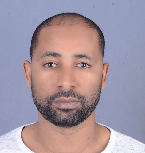

Fortune News | Feb 22,2019

Viewpoints | Dec 26,2020

View From Arada | Sep 10,2021
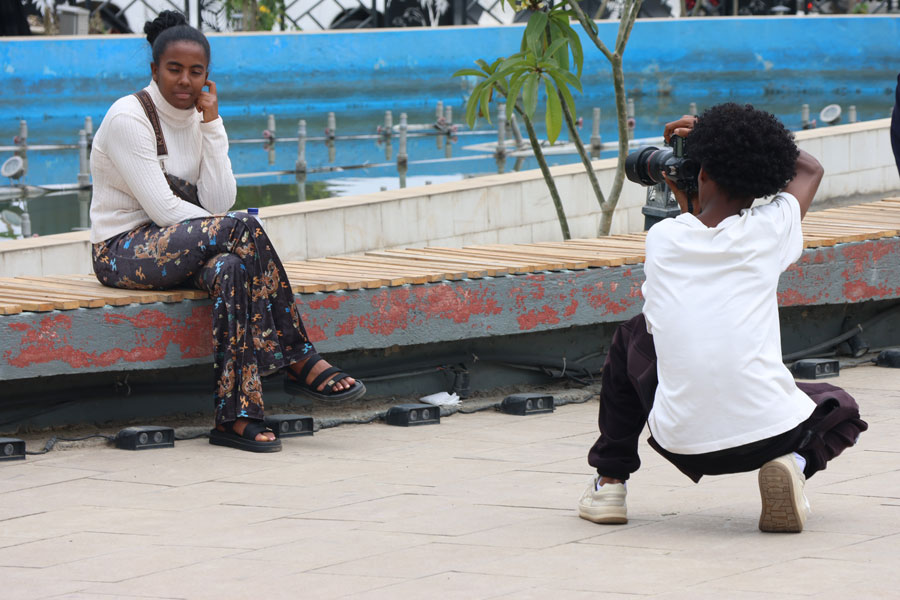
Featured | Jun 29,2025
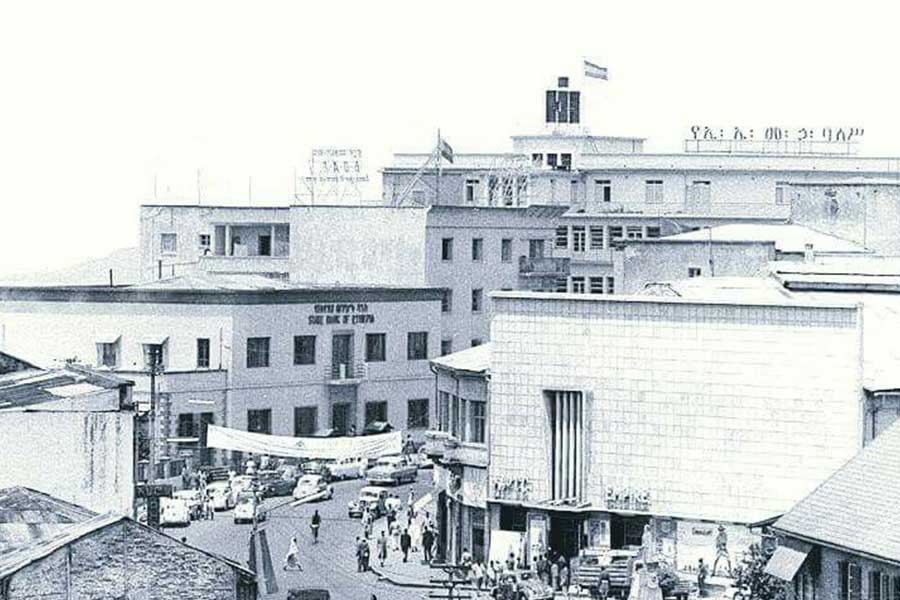
View From Arada | Feb 13,2021
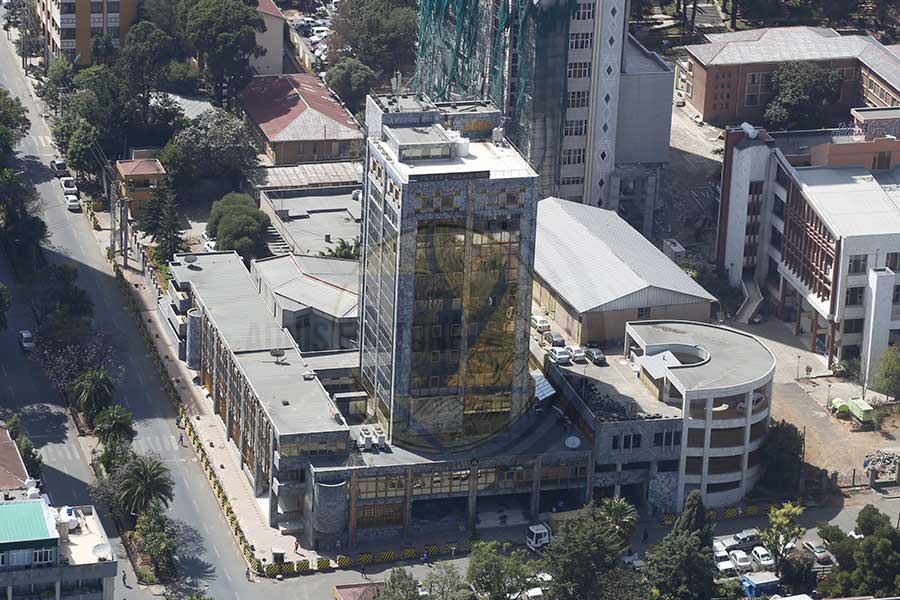
Fortune News | Mar 05,2022
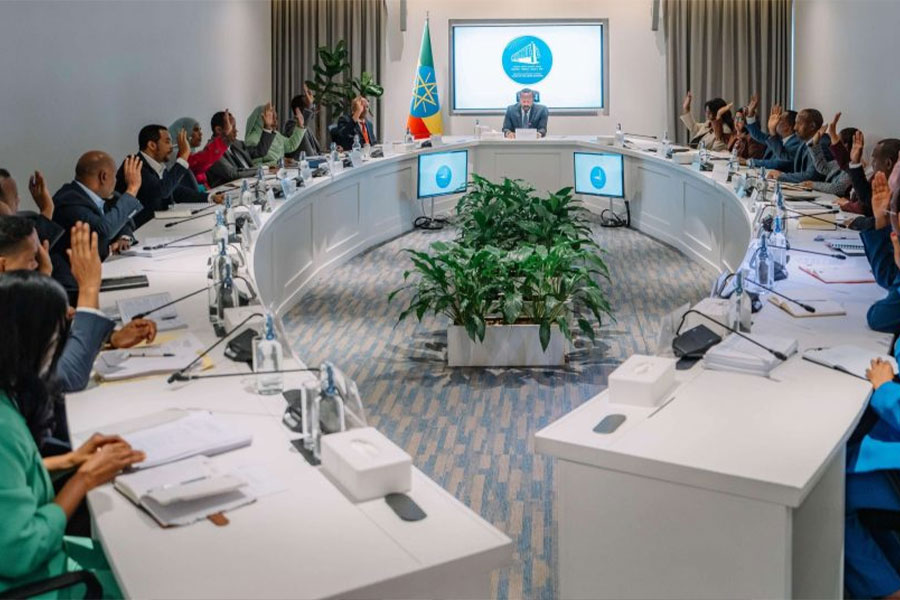
Radar | May 06,2025

Radar | Apr 30,2022

Viewpoints | Aug 22,2020

Sunday with Eden | Aug 29,2020

Photo Gallery | 170393 Views | May 06,2019

Photo Gallery | 160630 Views | Apr 26,2019

Photo Gallery | 150267 Views | Oct 06,2021

My Opinion | 136248 Views | Aug 14,2021





Dec 22 , 2024 . By TIZITA SHEWAFERAW
Charged with transforming colossal state-owned enterprises into modern and competitiv...

Aug 18 , 2024 . By AKSAH ITALO
Although predictable Yonas Zerihun's job in the ride-hailing service is not immune to...

Jul 28 , 2024 . By TIZITA SHEWAFERAW
Unhabitual, perhaps too many, Samuel Gebreyohannes, 38, used to occasionally enjoy a couple of beers at breakfast. However, he recently swit...

Jul 13 , 2024 . By AKSAH ITALO
Investors who rely on tractors, trucks, and field vehicles for commuting, transporting commodities, and f...

Oct 4 , 2025
Eyob Tekalegn (PhD) had been in the Governor's chair for only weeks when, on Septembe...

Sep 27 , 2025
Four years into an experiment with “shock therapy” in education, the national moo...

Sep 20 , 2025
Getachew Reda's return to the national stage was always going to stir attention. Once...

Sep 13 , 2025
At its launch in Nairobi two years ago, the Africa Climate Summit was billed as the f...

Oct 5 , 2025 . By NAHOM AYELE
In Meqelle, a name long associated with industrial grit and regional pride is undergo...

Oct 5 , 2025 . By BEZAWIT HULUAGER
The federal government is set to roll out a new "motor vehicle circulation tax" in th...

Oct 5 , 2025 . By NAHOM AYELE
The Bank of Abyssinia is wrestling with the loss of a prime plot of land once leased...

Oct 5 , 2025 . By BEZAWIT HULUAGER
The Customs Commission has introduced new tariffs on a wide range of imported goods i...